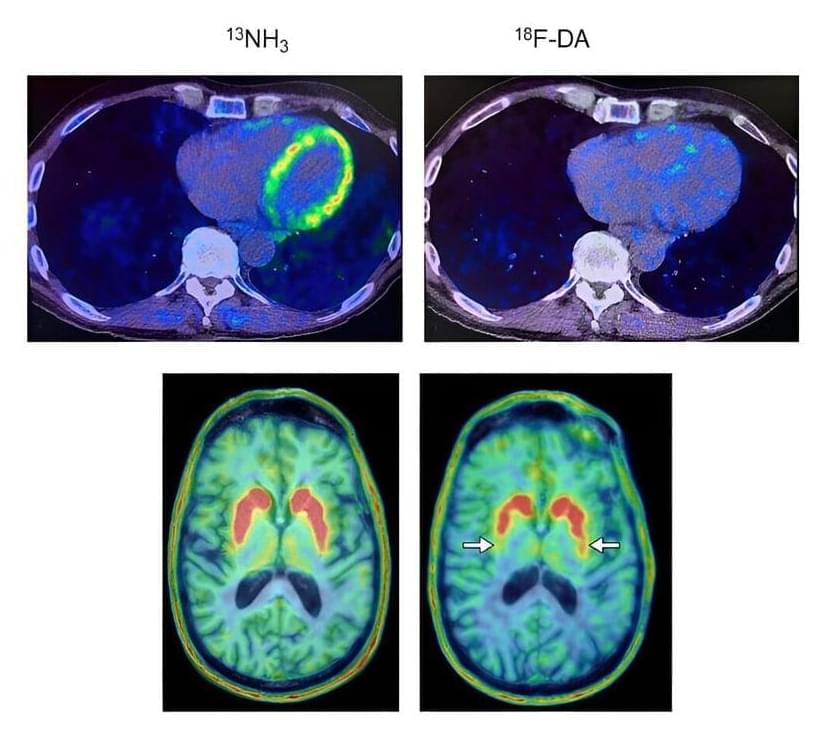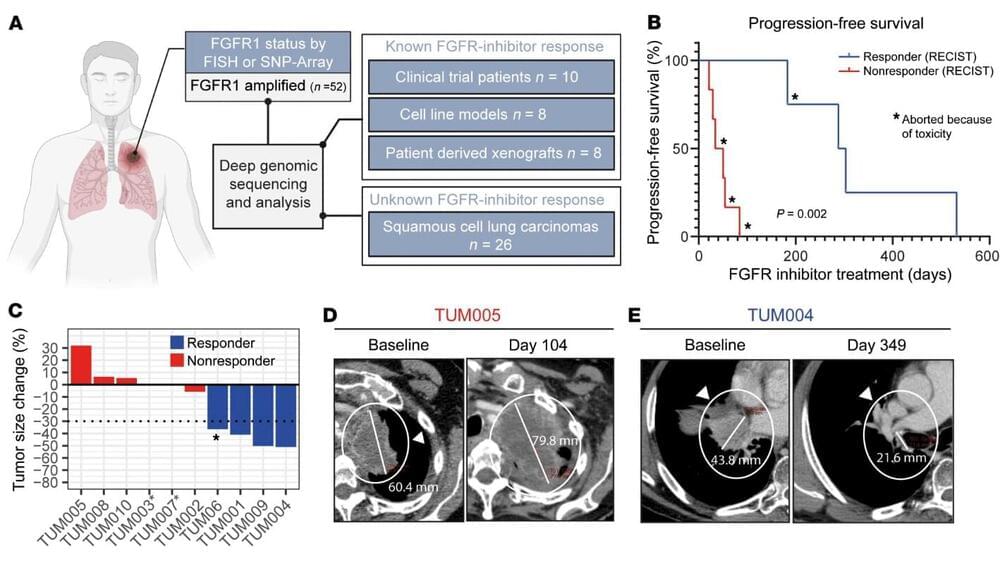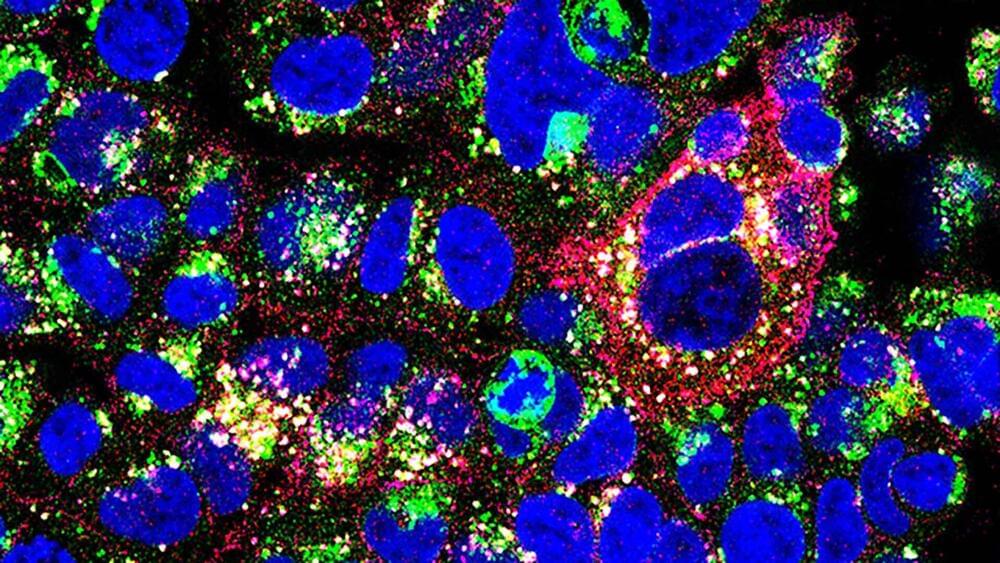In a small study, researchers at the National Institutes of Health have found that positron emission tomography (PET) scans of the heart may identify people who will go on to develop Parkinson’s disease or Lewy body dementia among those at-risk for these diseases.
The findings, published in the Journal of Clinical Investigation and led by scientists at the National Institute of Neurological Disorders and Stroke (NINDS), part of NIH, may advance efforts to detect the earliest changes that years later lead to Parkinson’s disease and Lewy body dementia.
In 34 people with Parkinson’s disease risk factors, researchers conducted PET scans of the heart to gain insight into levels of the neurotransmitter norepinephrine. They found that the scans could distinguish individuals who would later be diagnosed with Parkinson’s or Lewy body dementia—both are brain diseases caused by abnormal deposits of the protein alpha-synuclein that form clumps known as Lewy bodies. The research was conducted at the NIH Clinical Center, currently the only location for 18 F-dopamine PET scanning.









